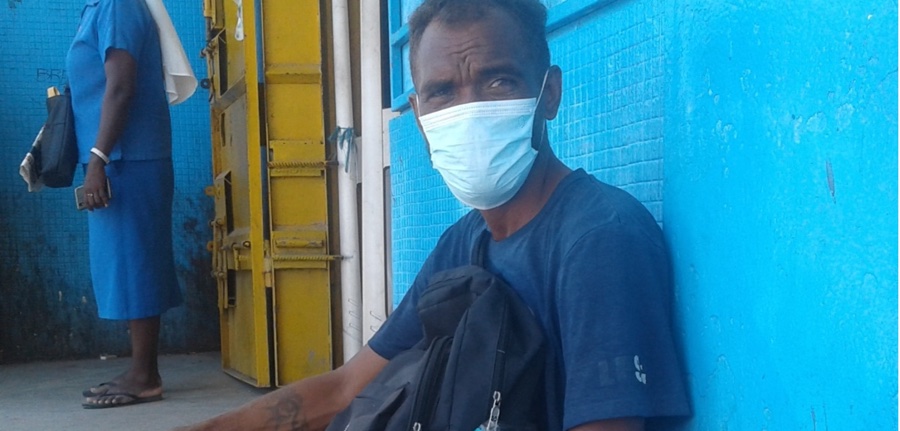“A collaborative effort with COL and MWCSD aims to bridge the gap between education and community development.”
Apia, Samoa – 26 July 2024 – The Oloamanu Centre for Professional Development and Continuing Education (OCPDCE) conducted a comprehensive Training Needs Analysis Consultation, gathering valuable insights from youth across Upolu and Savai’i. This initiative marks the first phase of the NUS Youth Project, a collaborative effort with the Commonwealth of Learning (COL) and the Ministry of Women, Community and Social Development (MWCSD).
The consultations were held on Tuesday 16th July 2024 at To’oa Salamasina Hall in Sogi for Upolu and from 17th-18th July, 2024 at the MWCSD office in Salelologa for Savai’i. The event brought together three youth representatives and one District Office representative from each district, demonstrating a commitment to engaging with the next generation and harnessing their ideas and perspectives.
The survey provided a unique opportunity to identify the training needs of diverse youth groups with representatives from the district offices also invited to ensure that the discussions aligned with the priorities outlined in the district development plan.
The project aims to bridge the gap between education and community development by creating a roadmap for NUS to design and deliver tailor-made training programs that meet the real needs of the community.
“We want to ensure that our training programs are relevant and impactful to cater specifically towards the needs of Samoa’s youth, ultimately contributing to long-term community development,” said Professor Tuifuisa’a Patila Amosa, Vice-Chancellor and President of the National University of Samoa.
The deliberations focused on several critical areas, including identifying skills and knowledge that would enhance employability and competitiveness in the job market, exploring modes of learning that cater to diverse learning styles and needs, and discussing challenges in accessing lifelong learning opportunities.
Participants also brainstormed ways to improve opportunities for youth participating in lifelong learning, including increasing awareness about available resources, providing mentorship and support networks, and creating flexible learning pathways.
The information collected from this survey will inform the development of training courses that cater specifically to the needs of Samoa’s youth. In the next phase, an open invitation will be extended to all Samoan youth to participate in a transformative lifelong learning experience.
This will provide an exciting opportunity for young people from Upolu and Savai’i to register and apply for a range of training programs and courses tailored to their interests and goals. A selection process will follow, and successful applicants will be notified about the start of their journey, marking the beginning of a life-changing experience.





